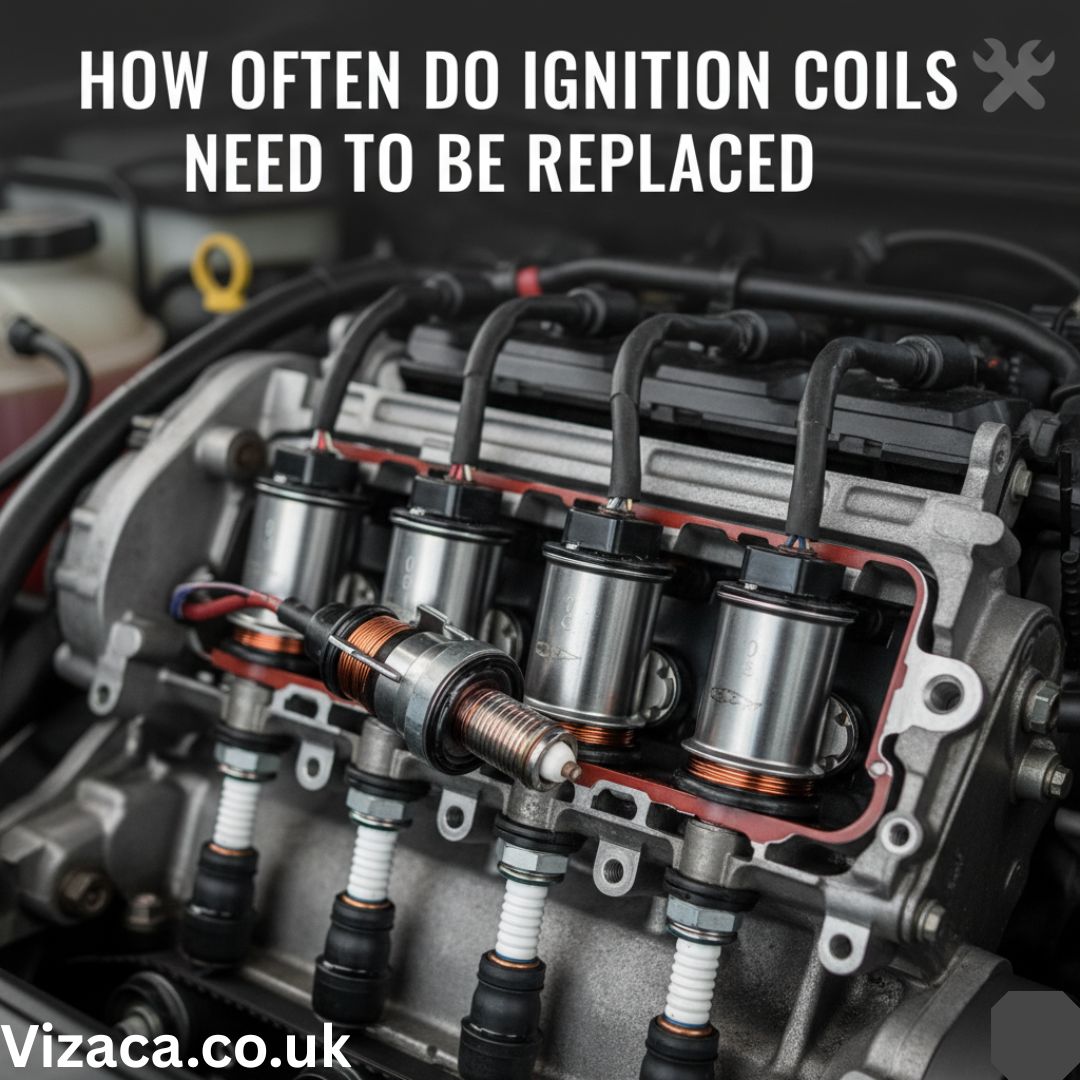No, antifreeze does not make your car’s AC cold.
While antifreeze (coolant) plays a vital role in your engine’s cooling system, it has no direct impact on how cold your air conditioner blows.
However, there are some indirect ways antifreeze can affect AC performance—so let’s clear up the confusion.
What Does Antifreeze Actually Do?
Antifreeze (also called coolant):
- Regulates engine temperature
- Prevents overheating in hot weather
- Prevents freezing in cold weather
- Circulates through the radiator, engine, and heater core
It does not circulate through the air conditioning system, which is a completely separate system that uses refrigerant, not antifreeze.
What Actually Makes the AC Cold?
Your car’s air conditioning system cools the cabin using:
- Refrigerant (like R-134a or R-1234yf)
- A compressor, condenser, evaporator, and expansion valve
- The refrigerant absorbs heat from the cabin and releases it outside, cooling the air
Antifreeze has no role in this process.
When Antifreeze Can Affect the AC (Indirectly)
✅ 1. Engine Overheating
- If your coolant is low or bad, the engine can overheat
- In some cars, the AC is automatically disabled to reduce engine load during overheating
✅ 2. Shared Cooling Fans
- Many vehicles use the same fan to cool both the radiator (coolant system) and the AC condenser
- If the fan isn’t working due to coolant-related issues, your AC may lose efficiency, especially when idling
✅ 3. Climate Control Confusion
- In vehicles with automatic climate control, coolant temperature sensors help regulate the system
- If coolant levels are off or the sensor malfunctions, the AC may misbehave or blow warm
Final Thoughts
No, antifreeze doesn’t make the AC blow cold air—that’s the job of refrigerant.
But coolant problems can lead to overheating, fan issues, or computer-controlled shutdowns that indirectly affect AC performance.
So while antifreeze doesn’t cool your cabin, keeping your cooling system healthy still plays a big role in your car’s comfort and reliability.










